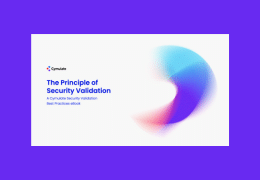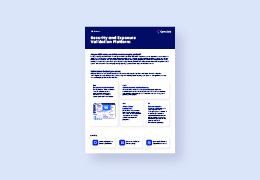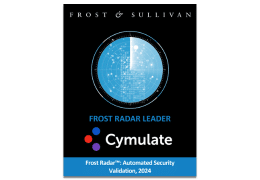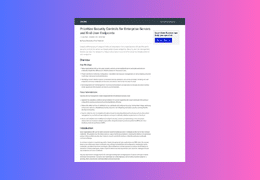MSTIC assesses with high confidence that MERCURY is coordinating its operations in affiliation with Iran’s Ministry of Intelligence and Security (MOIS).
According to the US Cyber Command, MuddyWater, a group Microsoft tracks as MERCURY, “is a subordinate element within the Iranian Ministry of Intelligence and Security.”
The following are common MERCURY techniques and tooling:
Adversary-in-the-mailbox phishing: MERCURY has a long history of spear-phishing its targets.
Recently, there has been an uptick in the volume of these phishing attacks.
The source of the phishing comes from compromised mailboxes and initiating previous email conversations with targets.
MERCURY operators include links to or directly attach commercial remote access tools, such as ScreenConnect, in these initial phishing mails.
Use of cloud file-sharing services: MERCURY utilizes commercially available file-sharing services as well as self-hosting resources for delivering payloads.
Use of commercial remote access applications:
The initial foothold on victims emerges via commercially available remote access applications.
This allows MERCURY to gain elevated privileges and be able to transfer files, primarily PowerShell scripts, easily over to the victim’s environment.
Tooling:
MERCURY’s tools of choice tend to be Venom proxy tool, Ligolo reverse tunneling, and home-grown PowerShell programs.
Targeting:
MERCURY targets a variety of Middle Eastern-geolocated organizations.
Mailbox victims correlate directly with organizations that do business with the Middle Eastern victims.





